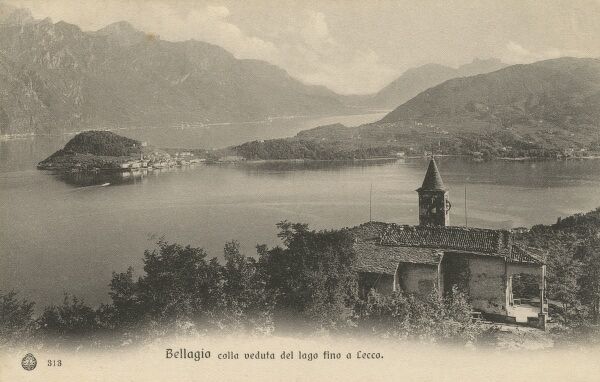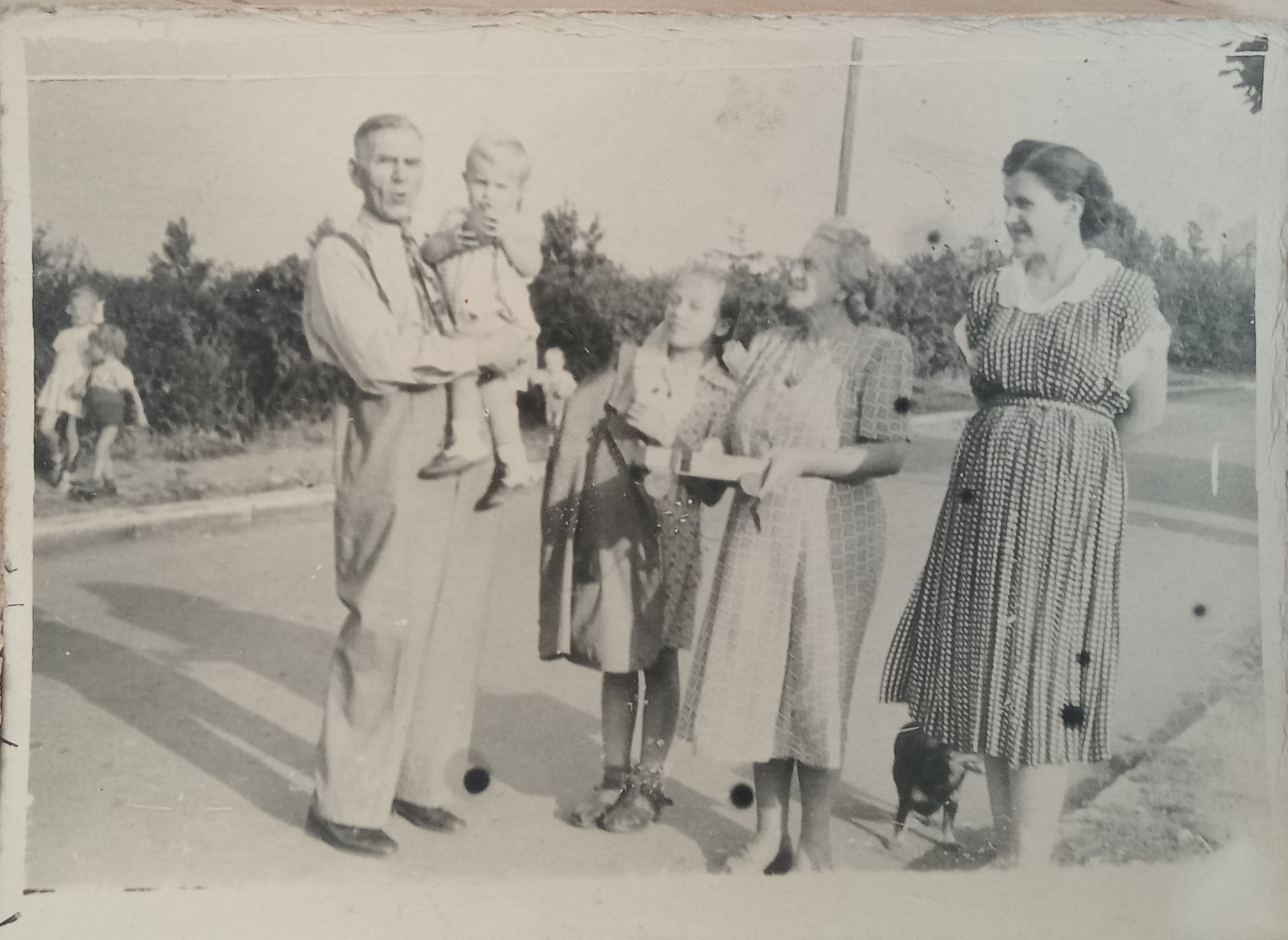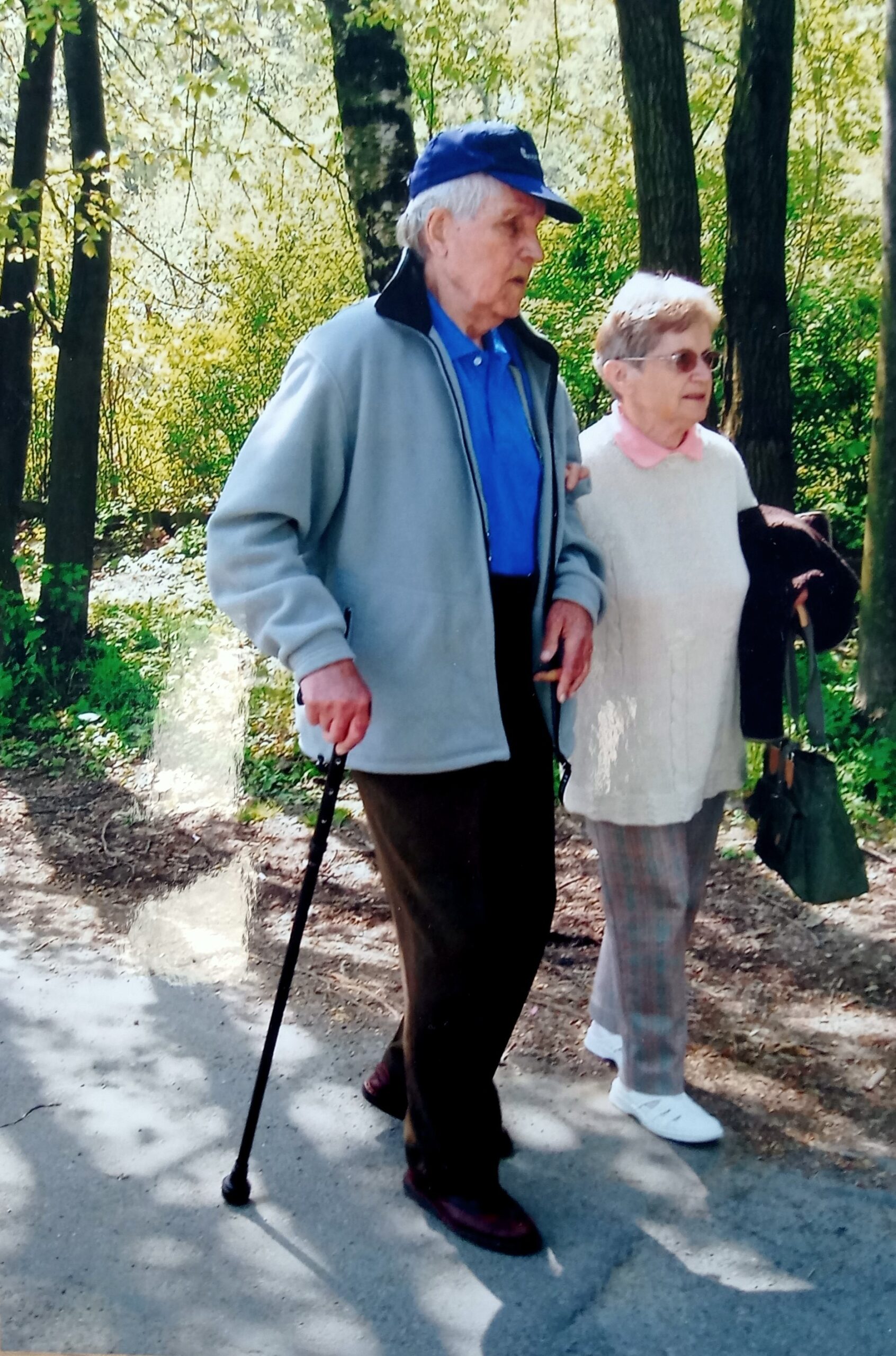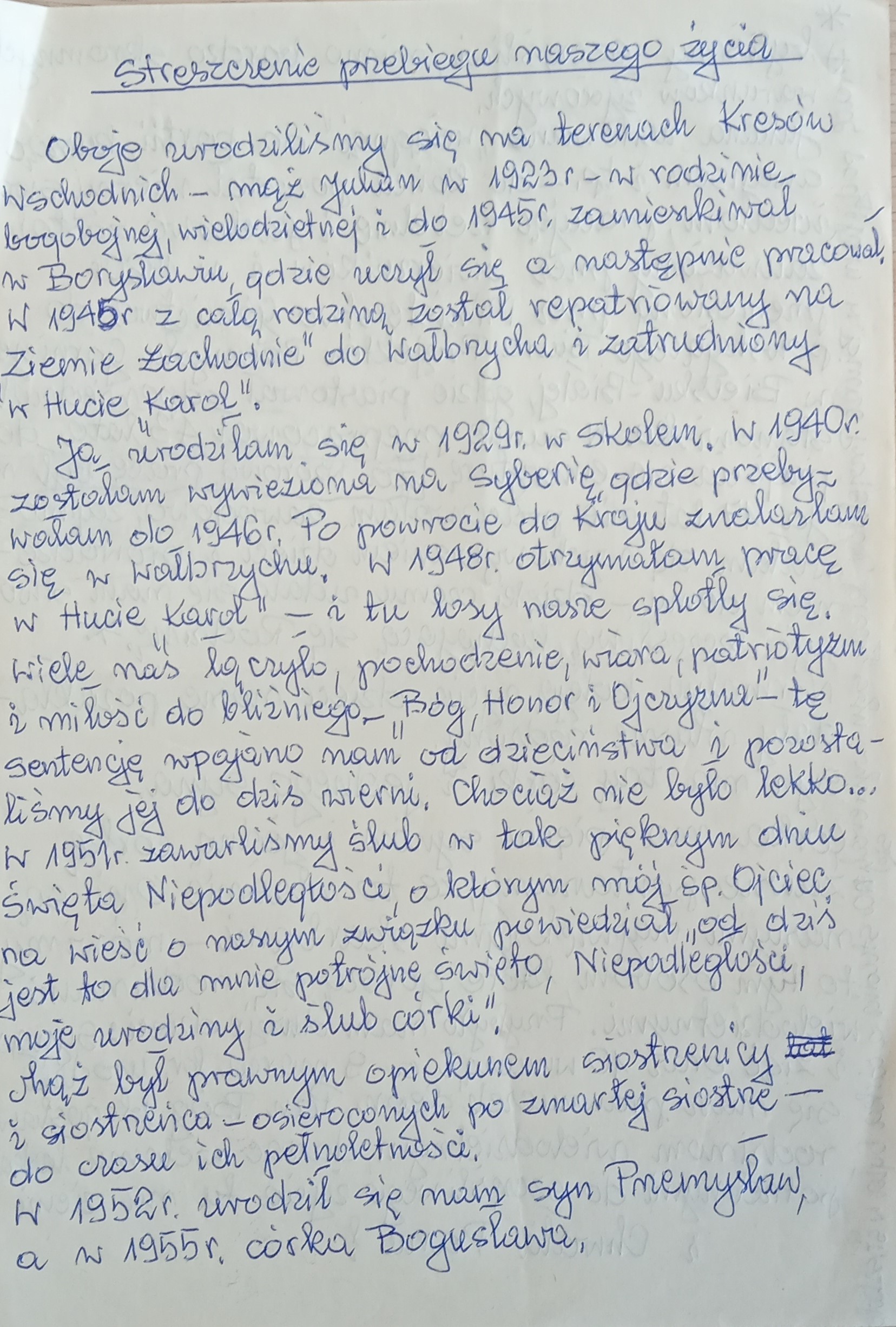Ludwika and Józef
Ludwika remembers growing up among the sounds coming from her father's Jozef workshop and hens in the yard. Jozef was a shoemaker who dreamed about politics. Unfortunately, his dream coming true got all his family into big trouble and destroyed their lives.
Later on, when Ludwika was older, she would practice playing the piano every day for long hours. The mundane repetitions of practice ended when she was forced to board the cattle train taking her to Kazakhstan.
After the war ended, she was transported to Poland where she became a typist at a coal mine, unable to return to the promising pianist career. She has had a rich life, but the rhythms and sound of her piano , the rail journeys and typing machine will always stay with her.
A shoemaker who always wanted to get into politics
Józef was the most renowned shoemaker in the town. Not only did he always have some apprentices, but even the gentry from the city of Lviv came to him searching for the excellent repair of delicate shoes. As a master in his profession and a man of high status, he married Stefanie, a girl 15 years younger than him, who was looking for a way to escape the fate of a servant. They were not specifically romantic but had four kids – three sons and a daughter.
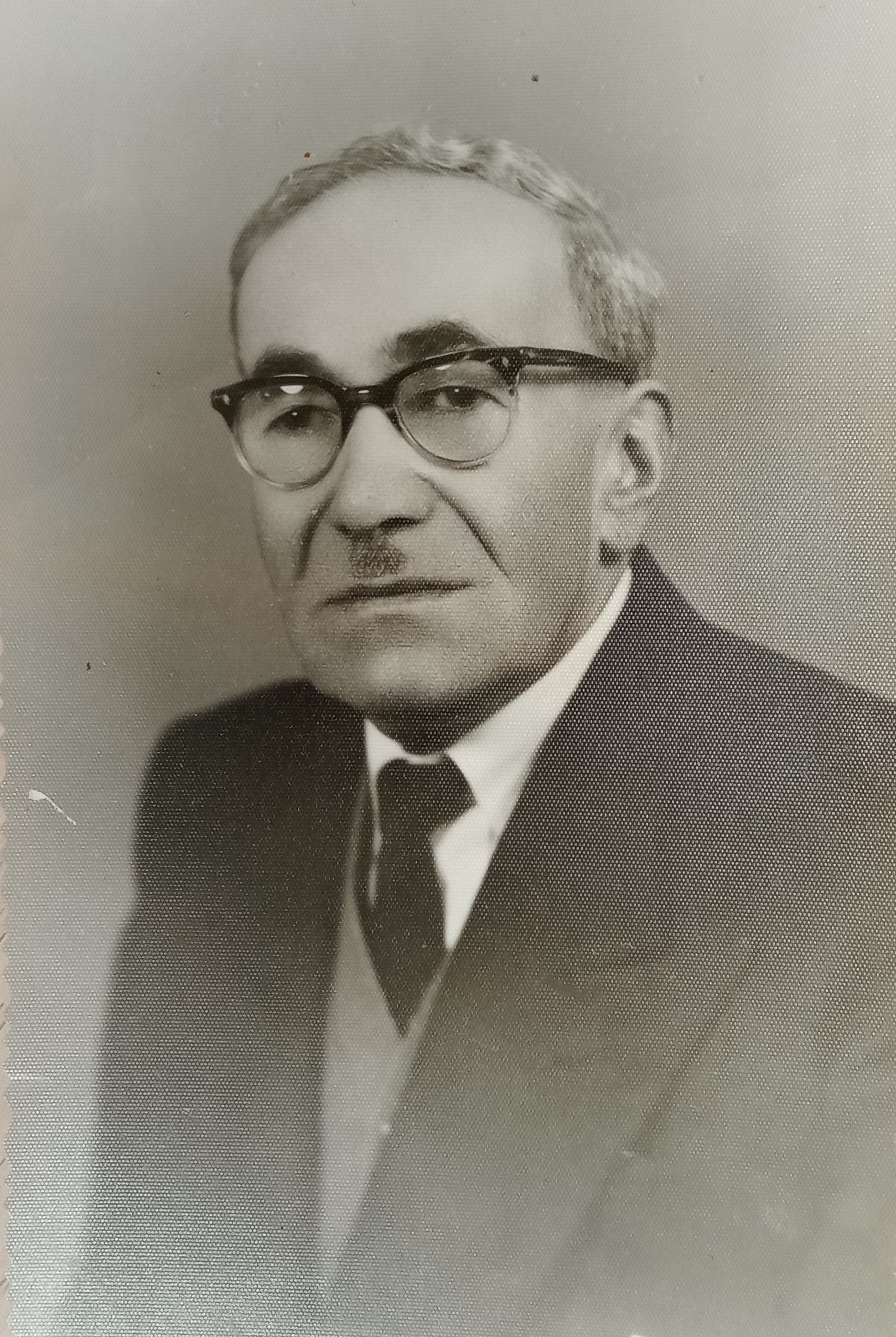
Ludwika’s beginning
Ludwika:
I am born in Skole, a small village in what is now Western Ukraine. I grow up in a family of four kids, where dad is a shoemaker, while mum manages the household. We keep hens.
After a while, my dad loses his job due to his involvement in politics. Mum always repeated:
“Everything that happened was because of his political involvement. He should have stopped it for the sake of the family.”
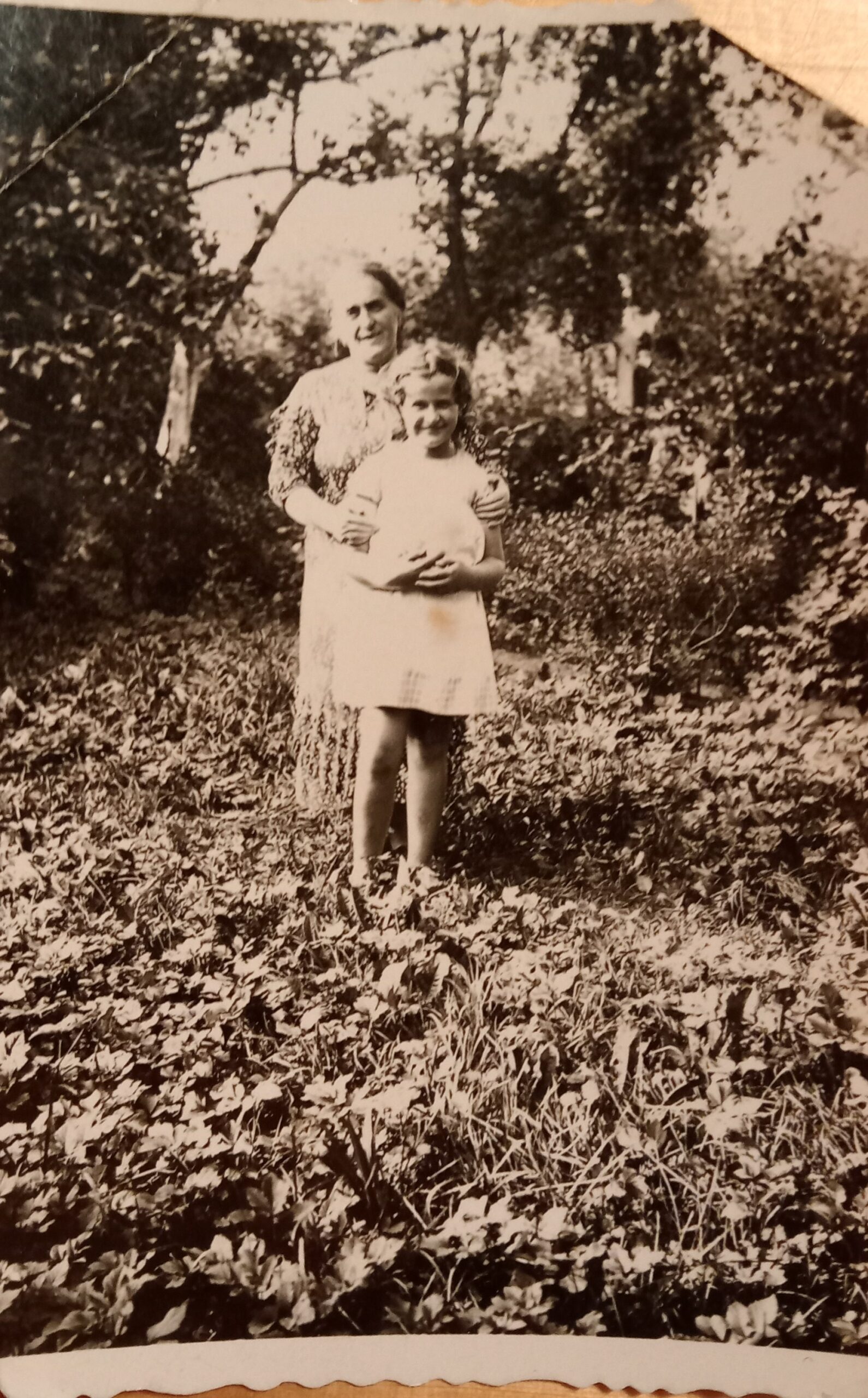
To Stryj
Józef lost his workshop and his only source of income. The story told later by his wife was that he spent too much time in politics and none at work. He managed, however, to get a decent job as a guard of the local butchery. When the war broke out, he got involved in smuggling weapons to the guerrilla home army in the forest, so there was no feeling of safety at home. In the meantime, Jozef’s daughter was sent to the rich aunt and uncle to live with them in Stryj, as they could not afford to sustain the four kids. He sometimes visited his daughter when going to Stryj to meet withpoliticians.
Ludwika:
At four years old, I move to Stryj, a developing town much bigger than my home village. I am invited to live with my wealthy aunt and uncle, who do not have kids of their own. The aunt is very stern and I do not remember any act of kindness or love from her. I would kiss her hands goodnight every day after being bathed by my maid. The uncle works as an oil engineer in Persia and only comes to see us for holidays. He keeps sending me wonderful gifts. I become his beloved daughter. I dream of travelling with him one day.
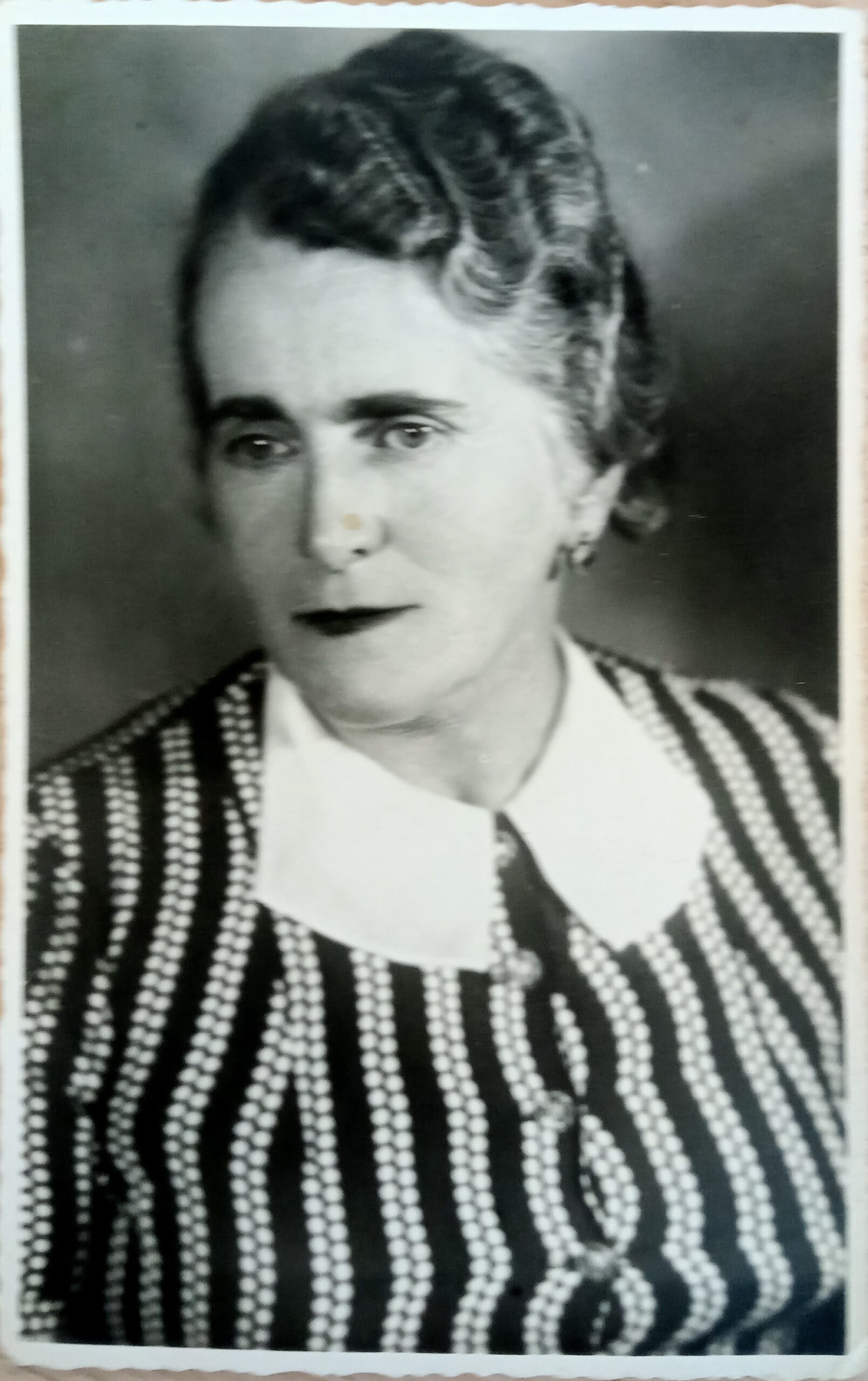
Daydreaming
Ludwika:
I spend eight hours every day playing the piano. I am announced to be a very talented and promising musician only at 5 years of age.
I get my private teacher in English, as well.
I live immersed in the luxury of oriental carpets, furniture, glass, and ornaments.
My aunt enjoys the company of the local elite. During the teatimes, I perform my piano skills.
I rarely visit my parents and brothers. They call me a lady or a princess and we never share any interests.
Lviv
Ludwika:
At six years old, I become an owner of a house in Stryj as a gesture of securing my future. I am accepted to the renowned Regular School of Music in Lviv. Unfortunately, on the day when I am supposed to start, September 1st, the war breaks out. All the plans get cancelled “for the time being”.
Trapped in the misery of war which I see as constant fear and being caught between the Germans and the Russians, I lose my privileges of having a room with a garden of my own. We can no longer keep a maid for me and a Russian family of a high ranked officer moves in to live with us. I am not allowed to complain, but the standard of life falls dramatically. And I am still very lonely.
To Kazachstan
In April 1940, Józef got imprisoned in Stryj with an accusation of political involvement. When he was serving his sentence, his family was deported to Kazachstan.
Ludwika:
In April 1940, everybody rumors about forced allocations to “Siberia”. Because it is believed that the rich “bourgeoisie” will be deported, I am moved back to Skole, to my parents – for my safety. Dad is not at home, as he got imprisoned for his political and military involvement (smuggling weapons to the soldiers at the frontline).
Looking for a place
Ludwika:
We board the train. The conditions are simple: the cars were used for cattle. When we stop, we are given boiling water (“kipiatok”). The journey takes 10 days to Kustonayev. When we get off as the railroad ends, we get transported further to Kareliovka, a small village in the middle of Kazachstan. In fact, in the middle of nowhere.
We try to find a place to stay with the people. We move from one home to another. Instead of having my maid, I become a servant in the house. Some people build their earth homes, but we survive by living with other families.
The winters are so harsh that when somebody dies, we cannot bury the coffin in the ground. Many coffins after the wintertime flood away in the springtime never to be found. We repeat that now every wildflower mourns the death of those who passed away in winter.
Inprisoned and ruined their lifes
Already in 1940, Józef was sent to a prison in Arkhangelsk.
When he served his sentence, all his children and wife were deported to Kazachstan, where they were forced to work without being paid and lived in basic conditions.
His wife was raped by a Russian and then got pregnant with a girl who was born in the very challenging conditions of far Kazachstan.
His 12 years old daughter Ludwika was pretty close to being raped too by a Georgian man she worked for.
Marylka
Ludwika:
I work for a Georgian who wants to set up a vineyard in Kazachstan. He likes me a lot, but once he tries to rape me (I am 12 then). I defend myself by threatening I will destroy his glass container for the wine. As a result, I have to change my place to live. We make friends with the Germans from the Volga. I take care of their kids, too.
I move into Marylka, together with my mum (who works in the kolhoz) and my brothers. We steal straw and corn at night. Famine and disease are normal, but we get cured with local medicines.
My mum becomes pregnant after being raped by a kolkhoz leader. Our sister, Danusia, is born. We are ashamed and want to escape to the woods, but eventually, the baby wins our hearts.
Anders’ Army
Most probably in Archangelsk, Józef was recruited to a Polish army, known as Anders’ Army.
The formation of this army was a result of an agreement between the Polish government in exile in London and Stalin after Nazi Germany attacked Russia in 1941.
With the army, he travelled from there across Asia and the Middle East to finally reach England, where he lived in the north of England.
On his journey, he passed through Teheran where he met people who had known and had worked with Michał Zborek, the uncle who had taken care of his daughter in the town of Stryj. He recalled the respect his collaborators had had for the man.
Most elements of Józef’s story are unknown, as he did not want to elaborate on them too much.
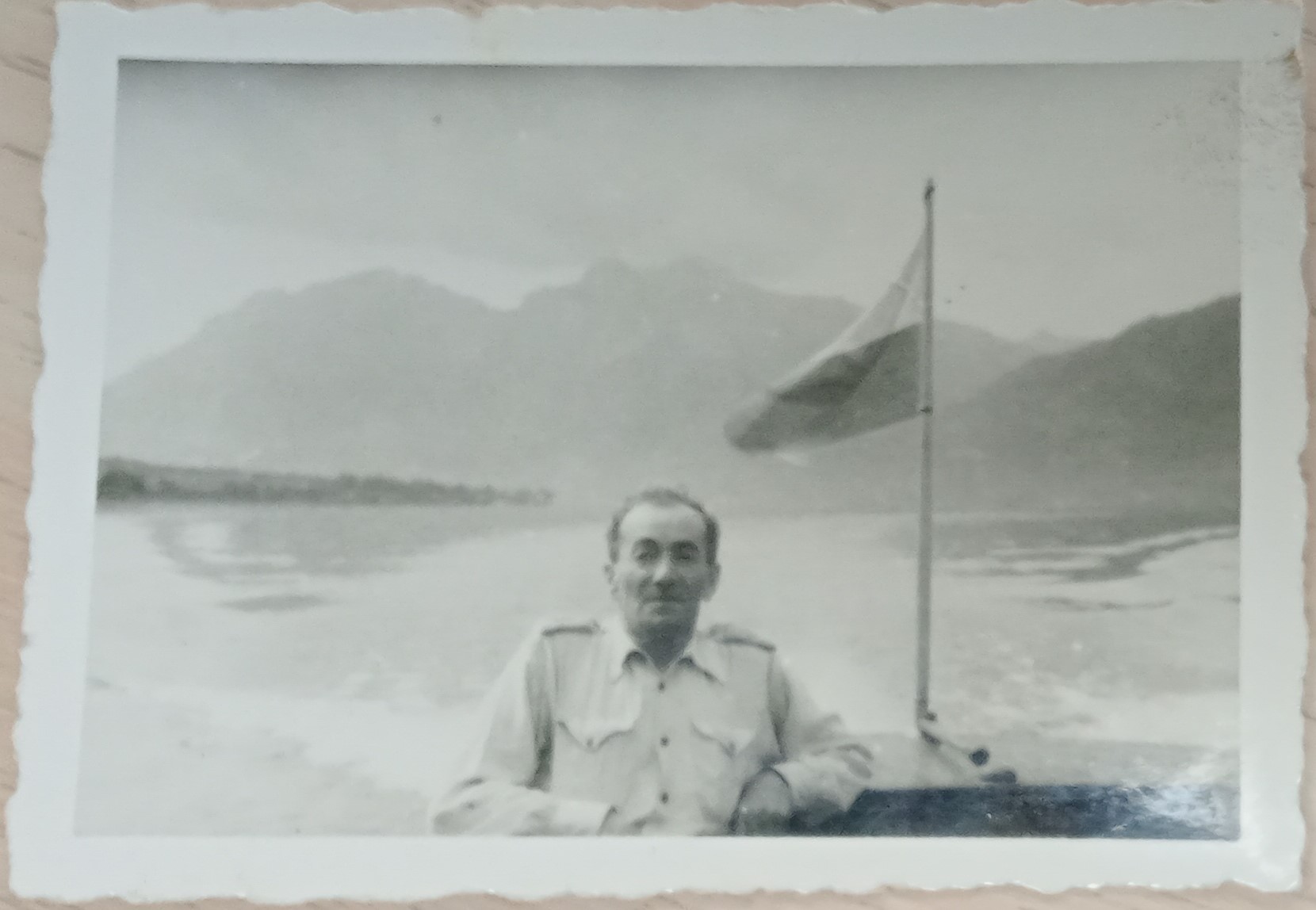
Monte Cassino
We do know, however, that Józef took part in the battle of Monte Cassino, a critical spot on the frontline in Italy. He worked there in a laundry. He kept a postcard from there, but could not send it to his family after the war because having a family member living abroad might cause them problems.
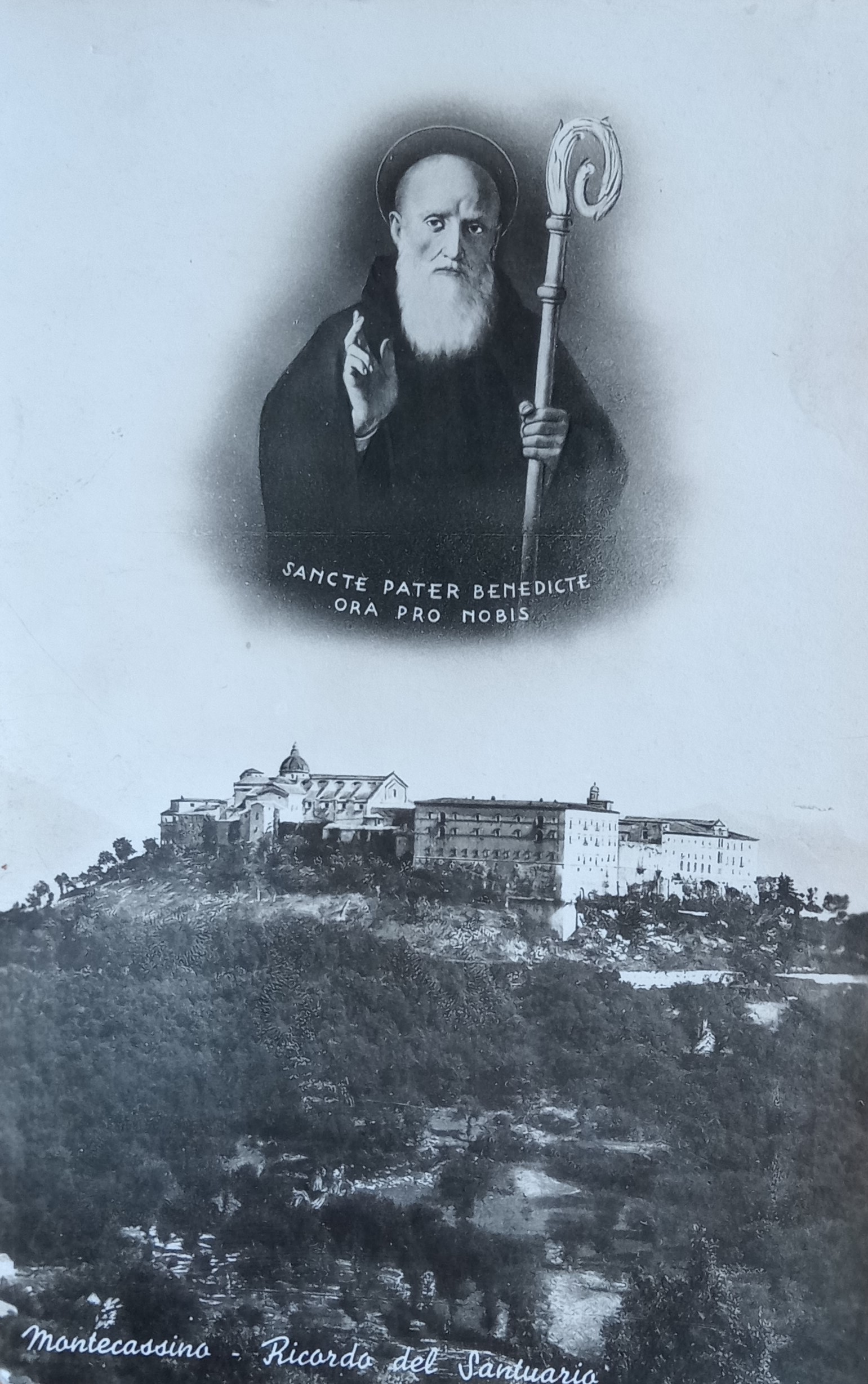
Back to Poland
Ludwika:
Only in 1946, a year after its official end, do we learn the war is over and we can go back to Poland. We travel in cattle cars back to Poland and for some weeks are relocated to Szczecin which used to be a German town before WWII. I never visit the places I grew up in. I am not destined to live in the house that was built for me.
Foxley and wedding dress
Józef lived in Foxley, England till 1959, when he eventually returned to Poland. Unable to participate in his daughter’s wedding, he shipped her the textile of the best quality, so that she could have a dress tailored. It appeared that despite the fact he bought it in England it was Polish, made in Andrychów, very close to where his daughter would finally settle down.
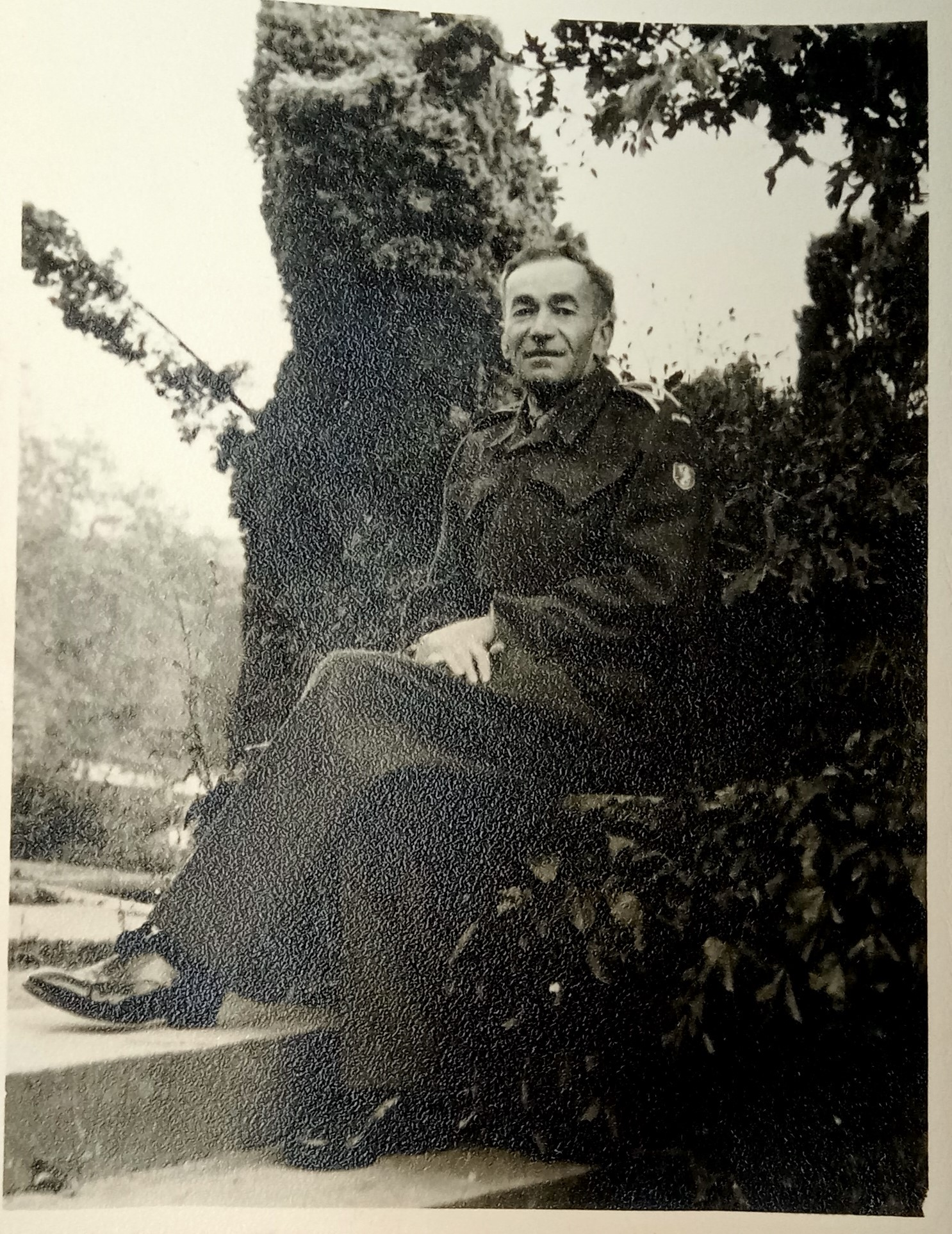
Married
Ludwika:
I get married to be free and independent. My fiancée, Julian works in Polish mines with electric and water installations. He takes care of two orphans, the kids of his cousin. So, I start my family life with two kids of my husband, who are not even his own.
My dad, who lives in England after the war, sends me the fabric for my wedding dress. He took part in the war as a soldier and was involved in the battle of Monte Cassino. In the sixties, he comes back to Poland, but he never gets together with my mum again.
Józef
Józef never got back together with his wife after the war.
He was very happy to meet his grandchildren, but he always remained to be a stranger in the family, not speaking much of his past, letting it be forgotten
Quiet life
Ludwika:
Finally, my husband Julian receives a 2-bedroom flat from his workplace. In Bielsko – Biała, we settle for good.
Our marriage lasts 53 years, up to his death in 2008.
I have two kids, ten grandchildren and thirteen great-grandchildren.
Since leaving Kazakhstan I have never cried. All my tears were left and used there.
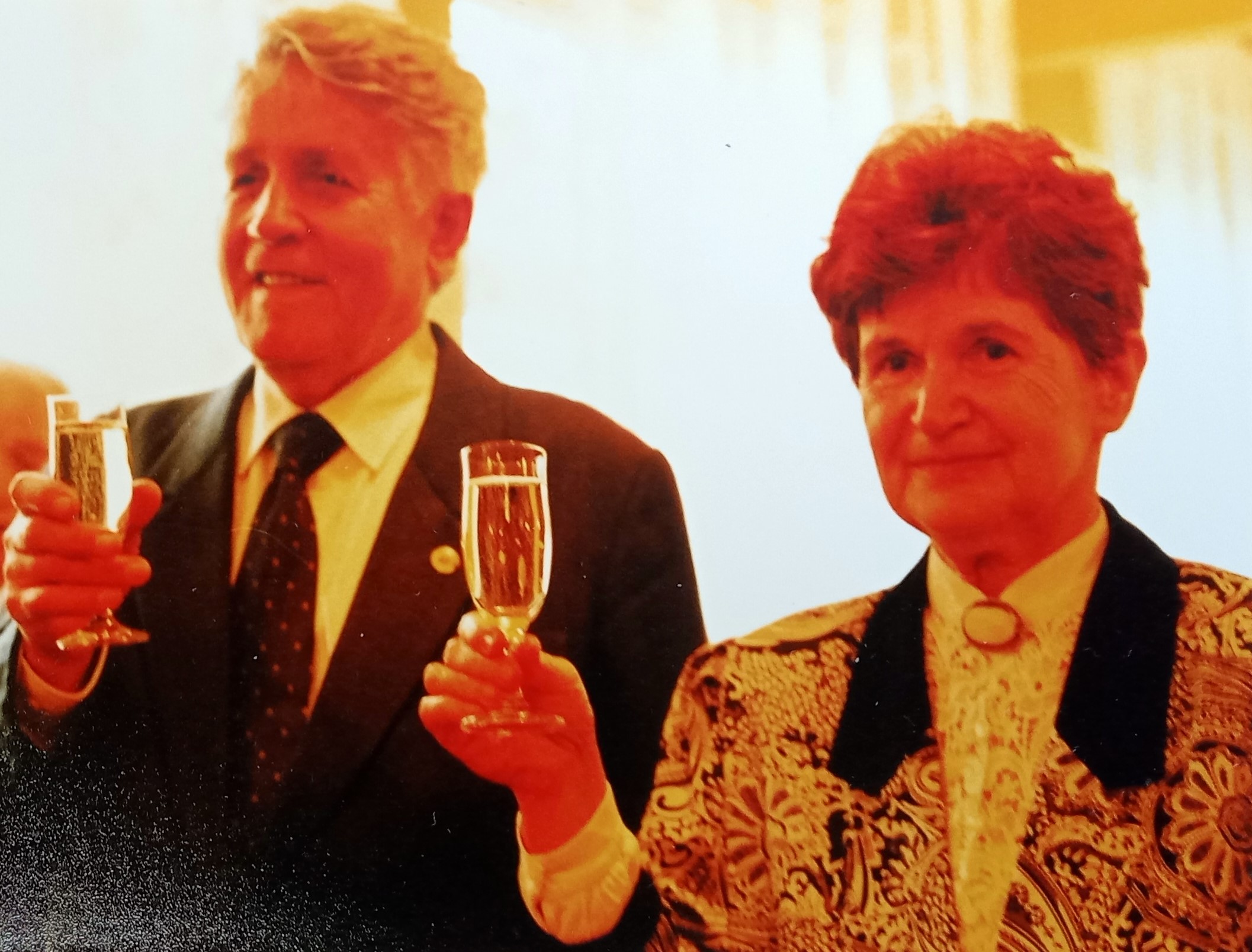
After all
Ludwika:
Now I am at the last stop of my life journey. Unable to walk on my own I live at my daughter’s.
I buried my beloved husband and my son.
I tried to play piano one more time, but you know, my fingers are not for music anymore. Even if my soul is full of sounds.
Every day I live through my life all over and over again.
We lived in peace
Ludwika:
Never would I have imagined that this will be how I end: a poor girl, transformed into a princess and then into a servant again. And then to be moved to someone else’s abandoned house, and then to settle down in a beautiful, small city located in the mountains where I would find my peace.
I thank God for a good life, for the family that is the biggest treasure I had.





